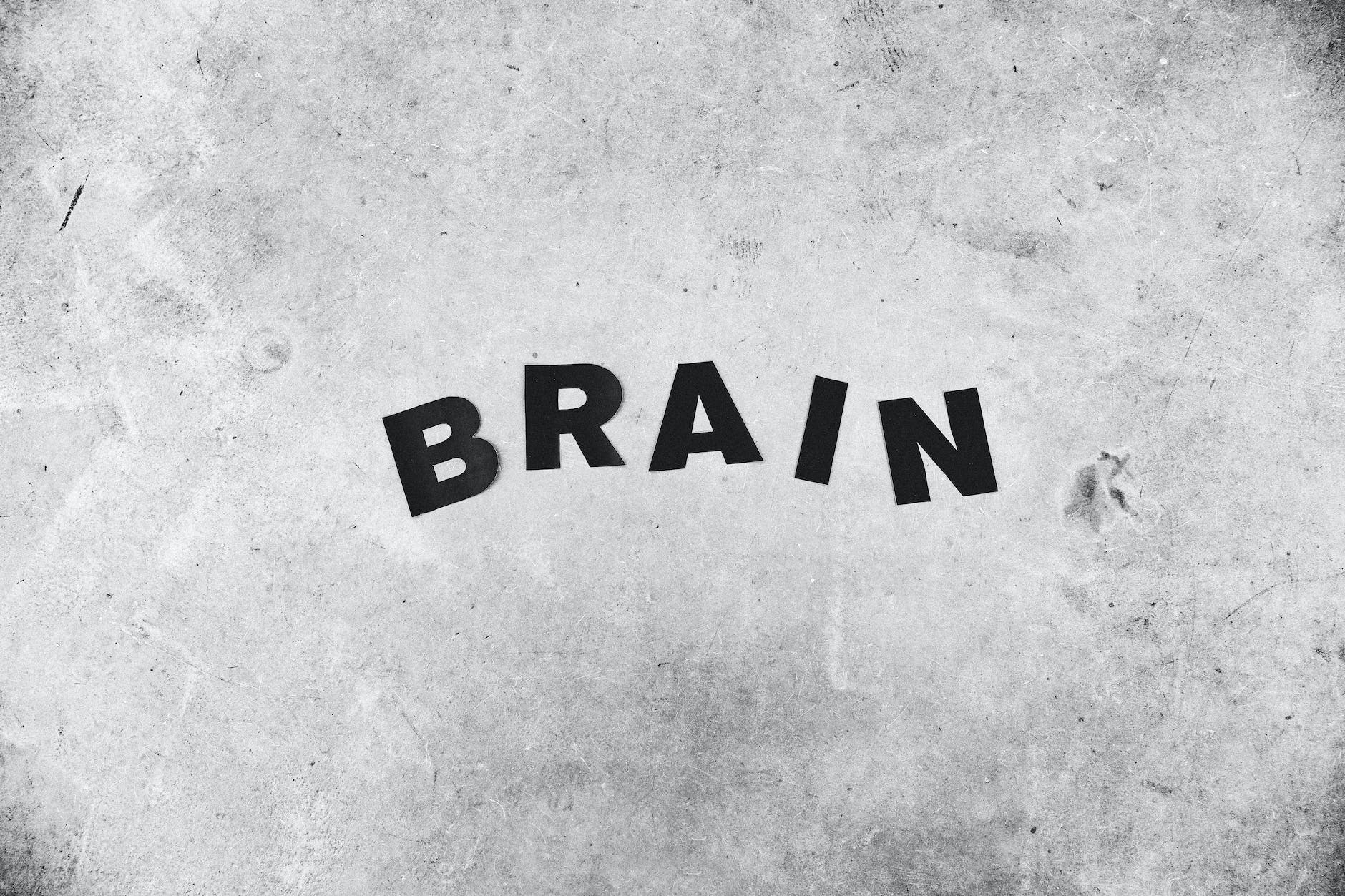Neuralink’s Leap Forward: FDA Approves Human Trials for Elon Musk’s Brain-Chip Firm
Elon Musk’s brain-chip company, Neuralink, has recently made a significant leap forward. The US Food and Drugs Administration (FDA) has given the green light for the firm to conduct its first tests on humans, a milestone that marks a new chapter in the company’s journey.
Neuralink’s mission is to restore vision and mobility to individuals by linking their brains to computers. While the company has stated that it doesn’t have immediate plans to start recruiting participants, this approval is a significant step towards realizing Musk’s ambitious vision.
Previously, Neuralink’s attempts to gain FDA approval were thwarted due to safety concerns. However, this recent approval is a testament to the company’s relentless efforts and commitment to safety, accessibility, and reliability.
Neuralink’s technology revolves around microchips designed to interpret signals produced in the brain and relay this information to devices via Bluetooth. The company hopes that these chips can be used to treat conditions such as paralysis and blindness, and to help certain disabled individuals use computers and mobile technology.
Despite the promising potential of this technology, experts have warned that Neuralink’s brain implants will require extensive testing to overcome both technical and ethical challenges. The company has acknowledged these concerns and has promised more information “soon” on plans to sign up trial participants.
Since its inception in 2016, Neuralink has had a history of overestimating the speed at which it can execute its plans. The company initially aimed to start implanting chips in human brains in 2020, a goal that was later pushed back to 2022.
In a remarkable case, a paralyzed man from the Netherlands was able to walk simply by thinking about it, thanks to a system of implants that wirelessly transmit his thoughts to his legs and feet. This instance serves as a testament to the transformative potential of Neuralink’s technology.
While the journey ahead is filled with challenges and uncertainties, the recent FDA approval has undoubtedly brought Neuralink one step closer to turning science fiction into reality.
Source: BBC News



